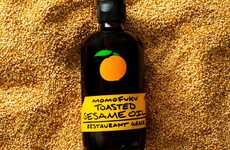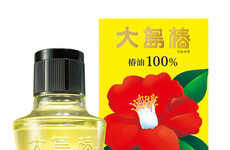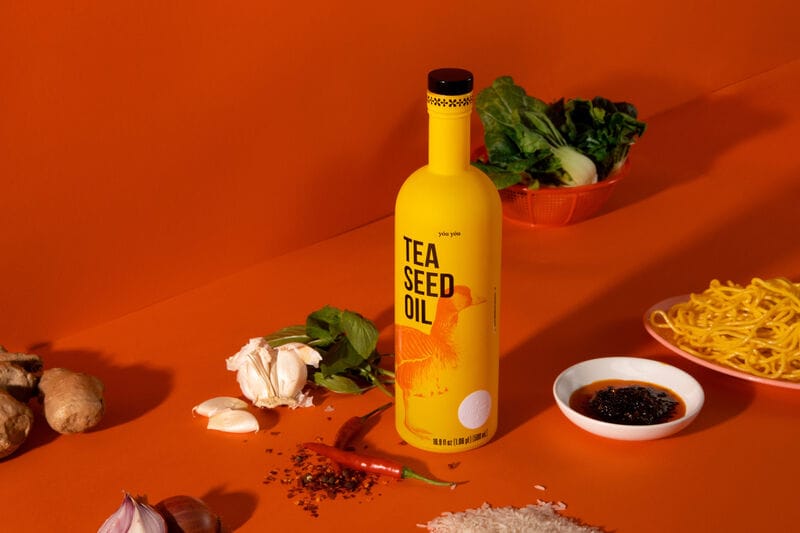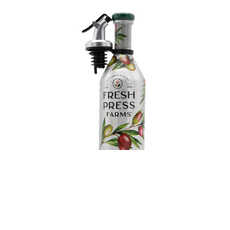
Yóu Yóu's Tea Seed Oil Brings "the Olive Oil of the East" to the USA
Laura McQuarrie — October 19, 2021 — Lifestyle
References: cookwithyouyou & prnewswire
Yóu Yóu Organic Tea Seed Oil helps to make a type of oil that has been cultivated, produced, and used in Asia for centuries more accessible. This versatile cooking oil is coming to consumers in the United States at a time when more people are experimenting in the kitchen with new ingredients, cuisines and cooking methods.
This neutrally flavored premium pantry staple is made with the seeds of Camellia oleifera (a flowering plant native to East Asia) and it helps to create authentic Asian dishes that call for high heat but won't lose flavor in the cooking process. Every bottle of Tea Seed Oil takes eight years of harvesting, filtering, and cold pressing to produce. With a high smoke point, this oil is often called the "olive oil of the East," and now, those in the West can enjoy it.
This neutrally flavored premium pantry staple is made with the seeds of Camellia oleifera (a flowering plant native to East Asia) and it helps to create authentic Asian dishes that call for high heat but won't lose flavor in the cooking process. Every bottle of Tea Seed Oil takes eight years of harvesting, filtering, and cold pressing to produce. With a high smoke point, this oil is often called the "olive oil of the East," and now, those in the West can enjoy it.
Trend Themes
1. Authentic Asian Ingredients - There is a growing interest in using authentic Asian ingredients for creating dishes that are popular in the East in the West.
2. Premium Pantry Staples - There is a trend towards premium pantry staples that are made using traditional techniques.
3. Experimentation with Cuisines - More people are experimenting with new ingredients, cuisines, and cooking methods.
Industry Implications
1. Food and Beverage - The food and beverage industry can benefit from offering authentic Asian ingredients and premium pantry staples.
2. Agriculture - There is an opportunity for farmers to cultivate and produce ingredients that are traditionally used in Asian cuisine.
3. Technology - Technology can be leveraged to increase the efficiency of the production process for traditional Asian ingredients and pantry staples.
2.4
Score
Popularity
Activity
Freshness
























